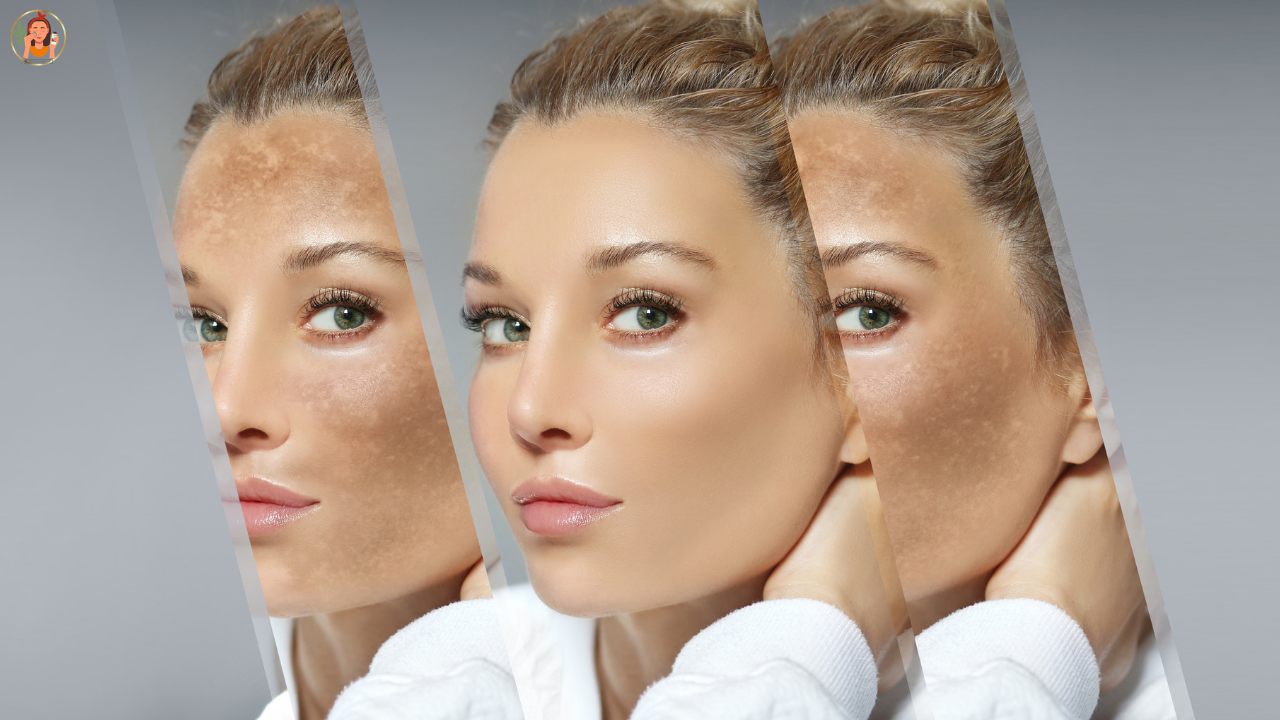Which vitamin deficiency causes pigmentation on face

Skin pigmentation changes, including dark spots and uneven tone, can be distressing and often signal underlying health issues. Among the causes, vitamin deficiencies are particularly significant. Certain vitamins play crucial roles in maintaining skin health, and their deficiencies can lead to pigmentation problems on the face. Let’s explore these vitamins and how their lack contributes to facial pigmentation.
1. Vitamin B12 Deficiency
Impact on Skin: Vitamin B12 is essential for healthy cell production, including skin cells. A deficiency in vitamin B12 can disrupt melanin production, leading to hyperpigmentation, particularly on the face and hands. This is often seen as dark patches or spots.
Who Is at Risk?
Vegetarians and vegans (since B12 is found predominantly in animal products).
Individuals with absorption issues, such as those with pernicious anemia or gastrointestinal disorders like Crohn’s disease.
Sources of Vitamin B12:
Animal-based foods such as meat, fish, eggs, and dairy.
Fortified foods and supplements for those with restricted diets.
2. Vitamin D Deficiency
Impact on Skin: Vitamin D deficiency has been associated with increased sensitivity to sun damage and the formation of dark spots. Insufficient vitamin D can impair the skin’s ability to repair itself, leading to uneven pigmentation.
Who Is at Risk?
People with limited sun exposure or who use excessive sunscreen.
Individuals with darker skin tones (as melanin reduces vitamin D synthesis from sunlight).
Sources of Vitamin D:
Sunlight is the primary source.
Dietary sources include fatty fish (like salmon and mackerel), egg yolks, and fortified foods.
Supplements may be necessary for those with severe deficiencies.
3. Vitamin C Deficiency
Impact on Skin: Vitamin C is a powerful antioxidant essential for collagen synthesis and protection against oxidative stress. Its deficiency can lead to dullness, dark spots, and a lack of radiance, exacerbating pigmentation issues.
Who Is at Risk?
Individuals with diets low in fresh fruits and vegetables.
Sources of Vitamin C:
Citrus fruits (oranges, lemons), strawberries, kiwi.
Vegetables like bell peppers, broccoli, and spinach.
4. Vitamin E Deficiency
Impact on Skin: Vitamin E protects the skin from free radical damage and supports skin repair. A deficiency can make the skin more vulnerable to pigmentation and premature aging.
Who Is at Risk?
People with poor fat absorption or inadequate dietary intake.
Sources of Vitamin E:
Nuts (almonds, sunflower seeds), vegetable oils, and leafy green vegetables.
How to Address Vitamin Deficiencies to Prevent Pigmentation
Balanced Diet:
Incorporate a variety of nutrient-rich foods into your diet to ensure you’re getting adequate vitamins.
Supplements:
Consider vitamin supplements if your diet lacks specific nutrients, especially for B12 and D deficiencies.
Sun Protection:
While sunlight helps with vitamin D synthesis, excessive exposure can worsen pigmentation. Use a broad-spectrum sunscreen to protect your skin.
Hydration and Skincare:
Use skincare products rich in vitamins C and E to support skin health and reduce pigmentation.